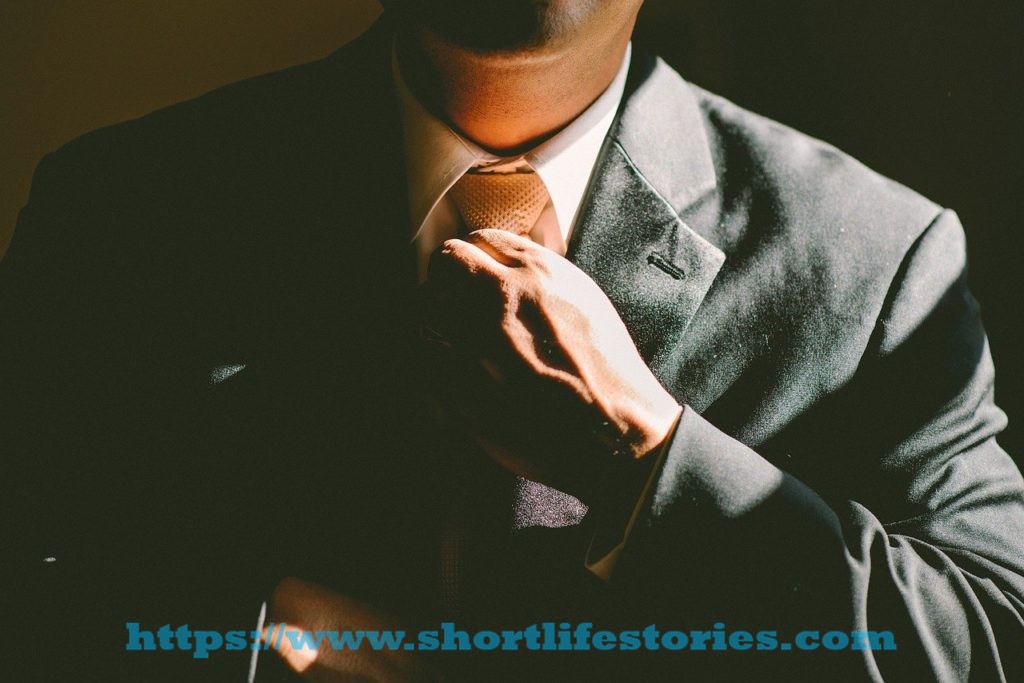A lot of people use the term “confident” as an adjective. They believe that by adopting this philosophy, they will bring a certain level of confidence to their relationships. However, when we think about it, a confident person is not a self-assured person. They know what they want and they have a lot of self-knowledge.
Confident people are defined as “relating to another person with confidence and with low anxiety.” [Duke University]
A confident person is someone who knows exactly what they want and they have a high level of self-knowledge. Their self-approval system is activated, which helps them to know what is acceptable and what is not. They can function at a high level in relationships.
“A confident person welcomes challenges and has a good ability to deal with change.” [University of Cambridge]
In contrast, someone who is insecure is not able to deal with changes and continually feels hurt. They expect the world to behave a certain way and have low self-confidence.
“The self that thinks highly of themselves is not very optimistic.” [Albert Einstein]
The difference between secure and insecure people is that the former believes they are highly confident, while the latter feels insecure instead. They tend to be more active than confident.
“You can have all the confidence in the world, but it will not make you happy unless you take a genuine interest in what is going on in other people’s situations.” [ Ralph Waldo Emerson]
An active listener is someone who is expecting the other person to open up and share their feelings for them. They listen without being asked to. They don’t shut down when someone is talking about their crush or the activities they do while at work. Instead, they genuinely listen and ask questions if they aren’t sure.
“Active listening is a crucial part of being a good friend, neighbor, or sibling: It’s the way our brains are wired.” [U. of Michigan]
The word “activity” implies that people are having a lot of fun. However, because they are active listeners, they don’t actually have a lot of fun. They tend to be more driven to have fun than most.
“Instead of being interested in what your friends are saying, ask yourself whether it is really important for you to understand what they are saying, and, if it is, what sort of answers would be most helpful for you to the way the world is going.” [Martin E. Ellison]
When people are confident, they are active listeners. They are not worried about saying the wrong thing or of being judged. Instead, they are interested in what is being said and what it has to do with them.
“When people are confident, they listen with the intent to understand, rather than to respond. They are concerned with what other people are saying, rather than what they themselves are saying.” [William M. Johnson]
You can easily tell what people think by their actions. If they act like they know what they want, they are active listeners. However, they may not say what you want to hear when you disagree.
People who are confident don’t need to agree with you. They don’t need to justify their decisions. They are not afraid to say what’s on their mind. Instead, they are active listeners.
They know what they want and they do what they say they will do to get it. They are not afraid to say that it is okay to be different. They are not afraid to say the obvious.
“They believe they have the ability to influence events, and that their actions have importance. But they don’t have the arrogance to think that they can change the world.” — Joseph Cilona
The best decision I made in my relationships was to be active listeners. I valued the feedback from others more than myself. I valued the opinions of other people more than my own feelings.
When you are confident, you listen actively. You aren’t afraid to say you don’t know what yet. You’re not afraid to say you’re going to need more information. You’re not afraid to ask clarifying questions. You’re not afraid to tell your partner they’re being too hard on them.
“You don’t need to be right. What you need to do is be right with the answers you give.” — Joseph Cilona
In the early days of my relationship, I did need to be right. I was right about a lot of things. I was right about other people’s beliefs. I was right about the lack of action in my relationship. I needed to own up to my mistakes. I needed to own up to my partner’s mistakes.
However, in my young mind, owning up to mistakes isn’t a failure. It’s an improvement. It’s not a weakness. It’s an expression of growth.
